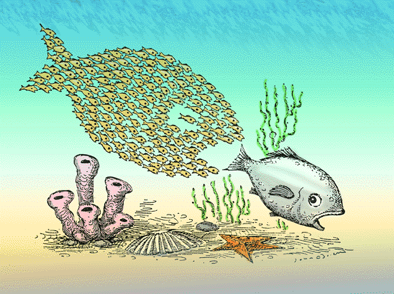What are the ethics of using brain stimulation technologies for ‘enhancement’ in children?
New open access publication: announcement:
In a recently published article, Hannah Maslen, Roi Cohen Kadosh, Julian Savulescu and I present an argument about the permissible (and not-so-permissible) uses of non-invasive brain stimulation technology in children. We consider both children who may be suffering from a specific neurological disorder, for whom the stimulation is intended as a ‘treatment’, and those who are otherwise healthy, for whom the stimulation is intended as ‘enhancement’. For the full article and citation, see here:
Maslen, H., Earp, B. D., Cohen Kadosh, R., & Savulescu, J. (2014). Brain stimulation for treatment and enhancement in children: An ethical analysis. Frontiers in Human Neuroscience, Vol. 8, Article 953, 1-5.Read More »What are the ethics of using brain stimulation technologies for ‘enhancement’ in children?



